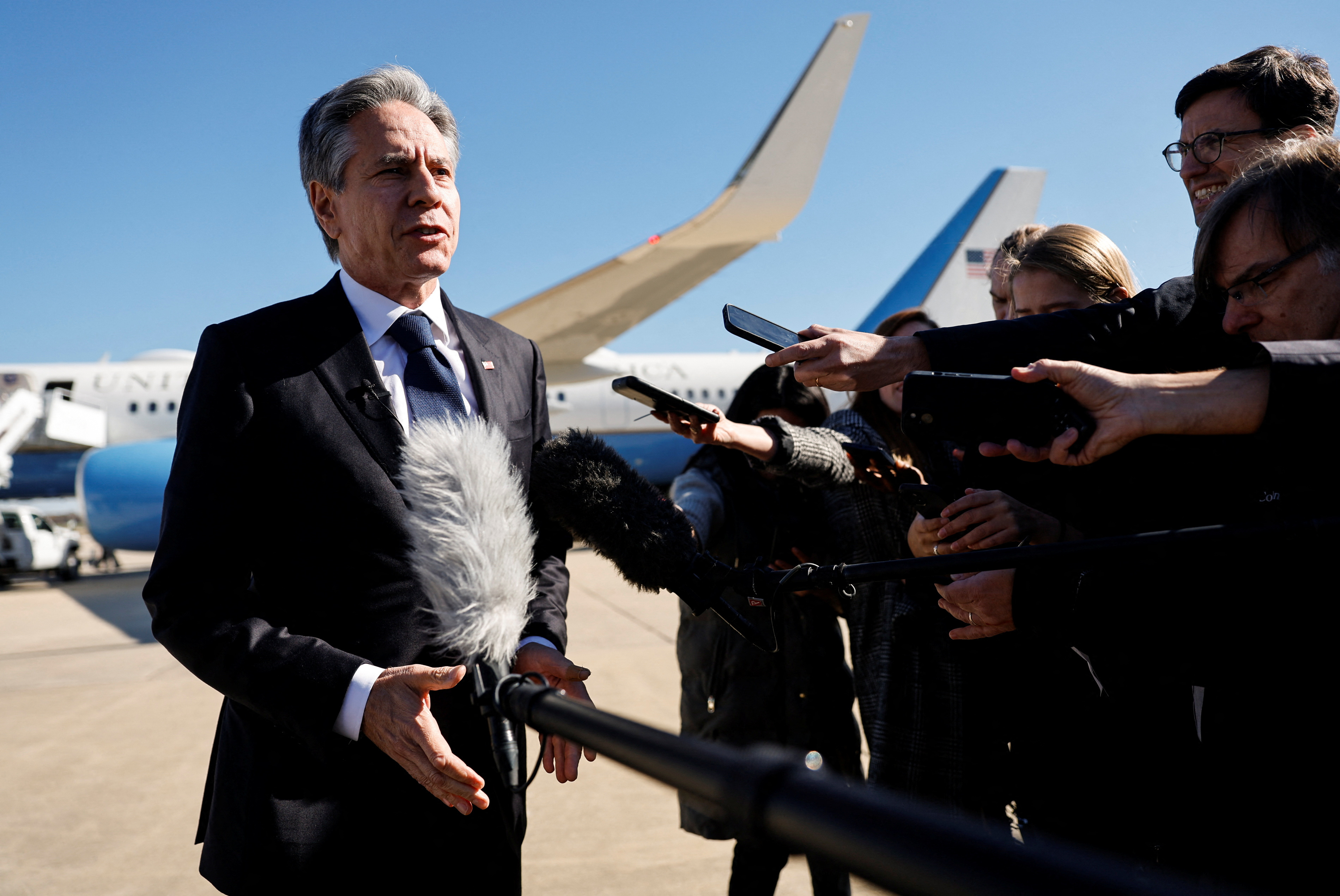The UN Charter preserves self-defence as an inherent right of states in the event of armed attack. As its name suggests, self-defence is more of a shield than a sword and never a cover for conquest.
Like every individual has a complete defence to a criminal charge of inflicting harm or killing another person in self defence, states too have a comparable right even if how they exercise it is very different.
An inherent right to self-defence is one that states have naturally by virtue of overseeing the security of their people as part of the social contract between them. It is the only exception to the prohibition on the use of force by states under the Charter. As such, it is not an unlimited right. It is subject to proportionality and needs to be monitored closely to ensure that force used to repel an armed attack is in accordance with the laws of war and the general prohibition on the use of force.
The ends do not justify the means in the law of self-defence; if the means used by a state in defending its population are disproportionate, it is engaging in excessive self-defence in breach of the laws of war.
There is another limitation on state self-defence, but it is contingent. A state is entitled to defend itself in the event of an armed attack until the UN Security Council (UNSG) takes measures necessary to maintain international peace and security. However, that limitation was inserted into the Charter more in hope than expectation.
The UNSG is usually prevented from acting by its voting system that gives its five permanent members the power to veto decisions. The five permanent states, US, UK, France, the Peoples Republic of China and the Russian Federation rarely agree on measures to keep peace and security. It is very unsatisfactory that in the end it is up to states to show self-restraint in their military response to armed attack in self-defence.
According to the US and other governments in the West that support Israel in its operations in Gaza, the requirement to act proportionately in self-defence is to do with aims and means. They argue that proportionality does not involve a numerical comparison between the innocent victims killed by an attacking entity (Hamas) and the innocent victims killed by the attacked state (Israel).
On that analysis, it is not necessarily unlawful for an attacked state to kill a disproportionate number of innocent civilians of the state that attacked it – if done collaterally in self-defence.
The West also argues that a ceasefire to spare the lives of innocent civilians can be lawfully refused as premature if it could enable Hamas to regroup and thereby undermine the purpose of self-defence.
For its part the international community – the rest of the world apart from the US and Europe – disagrees profoundly that a ceasefire is premature. Most countries believe that the killing of so many innocents and the destruction and strangulation of their lives has been so extensive, it is obviously disproportionate.
The impression created by the daily bombardment of civilians in Gaza is that Israel is passed caring about protecting civilians in their pursuit of Hamas.
Unsurprisingly, the UN General Assembly passed a resolution in favour of a ceasefire in Gaza. The resolution does not have the force of law, as it would have if it were passed by the UN Security Council, but it has considerable moral force as evidence of worldwide empathy for the plight of the innocent Palestinians in Gaza.
Instead of a ceasefire, the US Secretary of State, Anthony Blinken and others, proposed a humanitarian pause, as a compromise that would not freeze the conflict. This was rejected by Israel, although the Israeli prime minister said he was prepared to consider a pause in operations in return for the release of hostages – they should be released anyway so why not take up the offer of a pause?
Israel and its allies in the West lost the moral high ground even though, to begin with, there was no moral equivalence between the barbaric attack on Israeli civilians on October 7 and Israel’s right to defend its citizens in response.
Thousands of civilian deaths in Gaza since then have altered the moral balance. Anthony Blinken put his finger on the shift in the moral balance when he said last Friday that Israel’s right to defend herself was not the issue any longer. The issue, he said, in his mildly didactic manner, was not whether but how it went about exercising its right of self-defence.
What he was getting at is that Israel allowed itself to become enraged as a state and to behave as an individual would and hit back without self-restraint. States do not get enraged. They respond to how their population feels but the state itself is not the sum of its people. It is a distinct overarching institution that stands above human passions.







Click here to change your cookie preferences